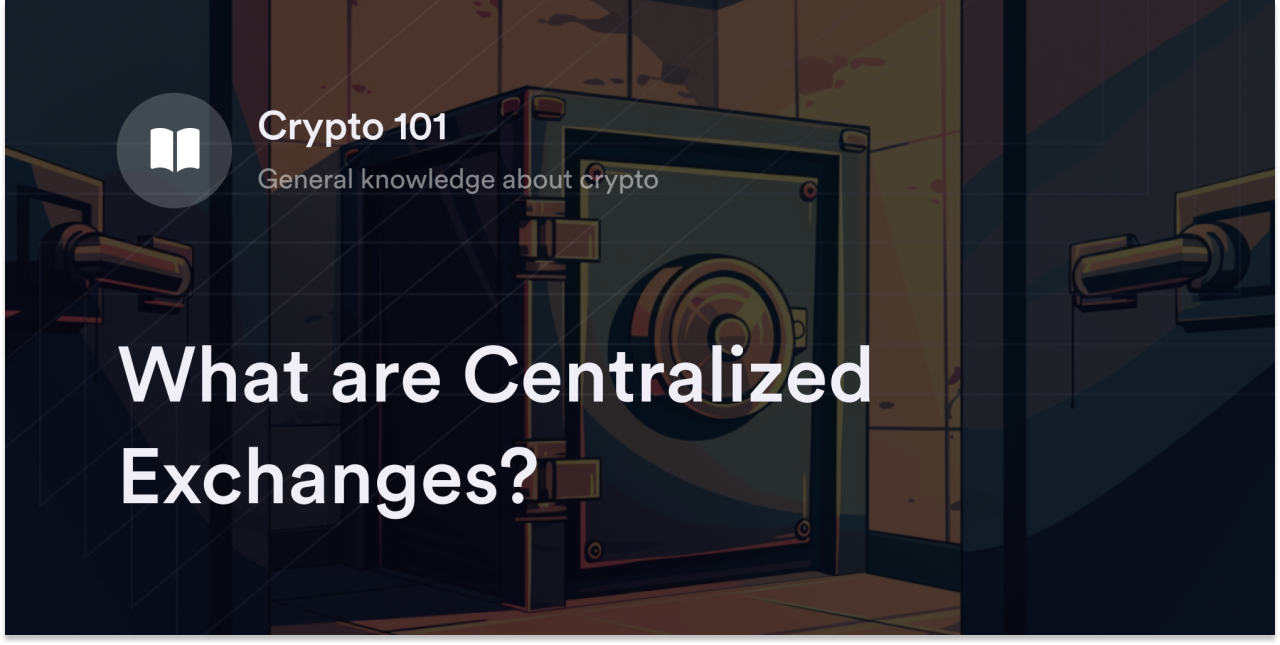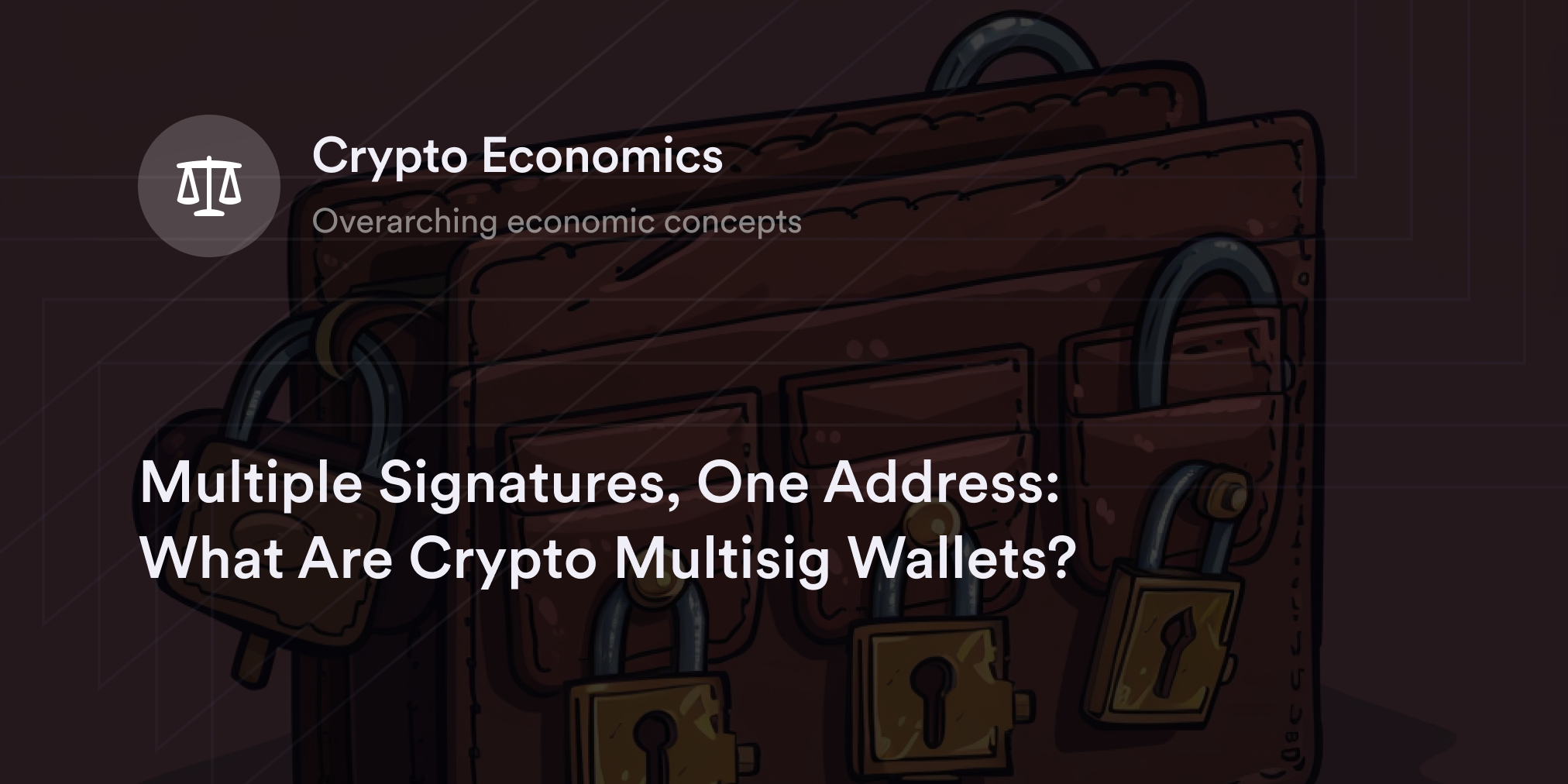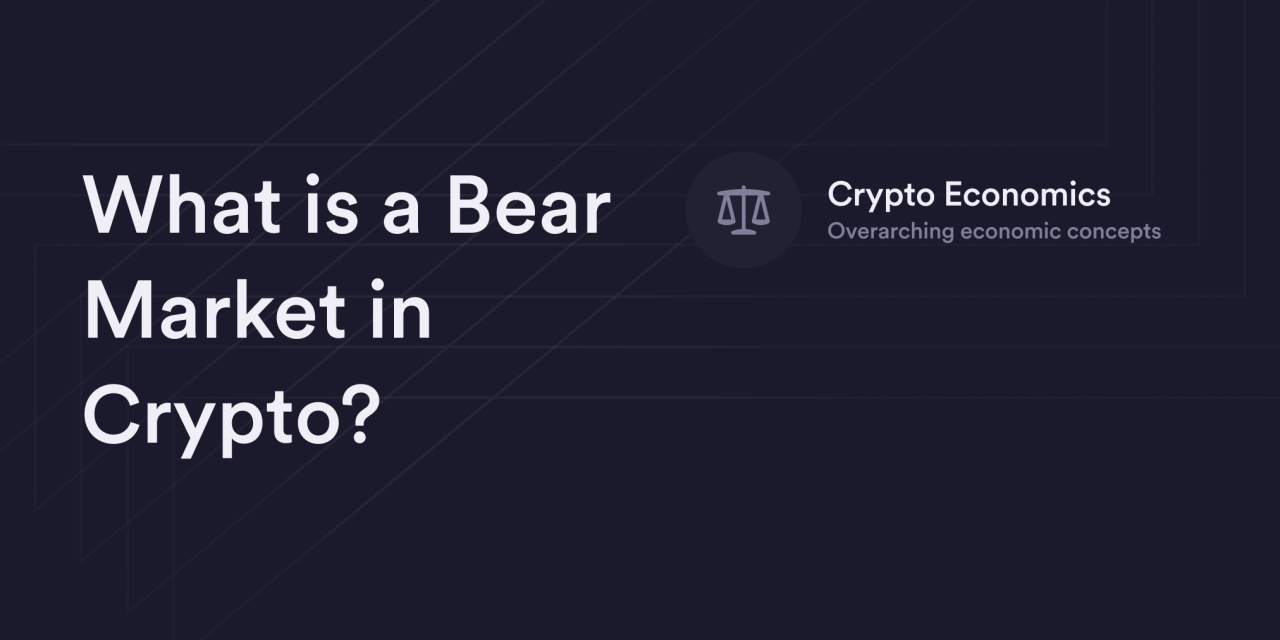


Decentralization distinguishes cryptocurrencies like Bitcoin (BTC) from fiat currencies, fintech companies, and traditional banking institutions. Despite their significance in cryptocurrency's design, many crypto traders still rely on centralized exchanges (CEXs) to swap digital assets.
Although decentralized exchanges (DEXs) like dYdX are growing in popularity, recent statistics suggest these exchanges account for roughly 18% of total crypto spot trading. And with more than $14 trillion in annual trading volume, CEXs remain the most active domains for global cryptocurrency traders. That said, CEXs aren't always the ideal option to trade cryptocurrencies.
Let’s take a look at the ins and outs of CEXs, including their pros and cons and how they differ from DEXs.
What is a Centralized Crypto Exchange?
CEXs are public or private companies offering cryptocurrency trading services. These exchanges match crypto buyers and sellers and finalize trades in a convenient trading environment. Each CEX uses a centralized "order book" to record every transaction on its platform.
CEXs may also offer clients extra cryptocurrency-related products and services, such as futures contracts, forwards, and perpetuals. It's also common for CEXs to offer margin trading for traders who want to increase their position size with borrowed funds (aka leverage).
How do Centralized Cryptocurrency Exchanges Work?
Most CEXs work with market makers to ensure there are enough digital assets to settle trades on their platforms. For context, market makers are individuals or firms with many assets (e.g., cryptocurrencies) that they are willing to put on a CEX's order books. As compensation, they receive a slight premium for every order they fill on the CEX's platform. CEXs also offer market makers special privileges to attract them to their websites.
Traders with a CEX account can access all the cryptocurrencies and derivatives these market makers provide. Whenever a trader sends a buy or sell order for a cryptocurrency, the CEX searches for a willing counterparty on its order books to complete the other side of each trade. For instance, if a trader wants to sell 1 BTC at the market price of $30,000, the CEX finds someone willing to buy BTC for $30,000 and executes the transaction.
Note: CEX users don't technically own the cryptocurrencies they buy until they take them off the exchange. When people open a CEX account, they only receive access to a "custodial crypto wallet," meaning all digital currency on a CEX is in third-party custody. Unlike a self-custodial crypto wallet, custodial wallets don't provide users a private key. Instead, CEXs hold the passcode for every digital asset on their websites. If a hacker breaks into a CEX's crypto wallet (e.g., Mt.Gox) or a CEX goes bankrupt (e.g., FTX), traders lose all the cryptocurrency in their accounts. The only way to remove this counterparty risk is to transfer crypto from a CEX to a self-custodial wallet such as MetaMask, Exodus, or a Trezor device.
How do CEXs Make Money?
Each CEX uses a different business strategy to generate revenue, but most rely on commission fees. Every time a crypto trader places a buy or sell order, the CEX often collects a small percentage of the transaction called a commission. CEXs may offer bonus features like margin trading, custodial crypto staking, and debit cards to collect extra fees from customers. In fact, some CEXs charge fees for depositing or withdrawing fiat currencies or crypto from their websites.
Pros and Cons of Centralized Exchanges
CEXs are a convenient option, but not without significant trade-offs like counterparty risk, lack of privacy, and high trading fees. So new crypto traders should know the benefits and drawbacks of using CEXs before setting up an account to make informed decisions.
Pros of CEXs
Fiat and bank support: Most CEXs allow customers to link a bank account and use automated clearing house (ACH), debit cards, or wire transfers to deposit or withdraw fiat currencies. Some of these exchanges even offer integrations with fintech solutions like PayPal and Apple Pay, making it easy for newer traders to enter the crypto market.
Beginner-friendly interface: CEXs like Coinbase, Gemini, and Kraken are known for offering a straightforward and clean user interface. Many platforms also have "Learning Portals," where people find easy-to-read guides and FAQs explaining their new account’s navigation.
High liquidity: Despite the growth in decentralized finance (DeFi), CEXs have the highest daily trading volume in cryptocurrency. If traders use a large CEX like Coinbase, they'll likely find a buyer or seller willing to fill their order.
Customer support: More CEXs offer easy ways to contact a customer care team with questions or concerns. Depending on the exchange, customers can access phone support, live chat, or email.
Potential insurance protections: Although CEXs don't always offer insurance, some regulated CEXs provide FDIC protection on USD deposits. Also, a few CEXs carry insurance treasuries to reimburse customers during a hack.
Cons of CEXs
No control over cryptocurrencies: Until users withdraw cryptocurrency from their account, the CEX holds the private keys for everyone's cryptocurrency. Therefore, if a CEX files for bankruptcy or hackers attack an exchange, account holders face the risk of losing all their digital funds.
Trading fees: Each CEX has a unique fee schedule for trading, depositing, and withdrawing cryptocurrencies. Traders must calculate these average fees in advance to get an idea of the potential gains.
Lack of privacy: To comply with anti-money laundering (AML) laws, CEXs collect personal data from every user and monitor daily trading data. It's easy for regulators and CEX leaders to verify every user’s identity and freeze speculative accounts.
Limited altcoin selection: Traders most interested in small altcoin projects typically have an easier time finding them on DEXs rather than CEXs. CEXs are less likely to take a chance on obscure and less established altcoins.
Centralized Versus Decentralized Exchanges
While DEXs offer many services found on CEXs, they use blockchain technology to facilitate peer-to-peer (P2P) crypto trades. Instead of using centralized market makers or a corporate business model, a DEX uses programs called smart contracts to automatically execute trade requests. A smart contract processes commands according to its pre-programmed instructions. For instance, when a trader wants to swap Ethereum (ETH) for USDC on the DEX Uniswap, Uniswap's smart contracts interpret this command, deposit ETH in the trading pool, and transfer USDC to the trader's linked crypto wallet. Many DEXs like Uniswap use smart contract-based liquidity pools (LPs) to attract crypto deposits for trading. All virtual currency in an LP is open for trading on a DEX, and people who loan crypto to these pools get a percentage of the total trading fees.
On the positive side, traders never forfeit custody of their cryptocurrencies when trading on a DEX, removing counterparty risk. A DEX also gives traders greater anonymity in Web3 because users don't have to supply personal details to open an account. A trader with a compatible self-custodial crypto wallet can use a DEX's trading services.
But because DEXs are a relatively new technology, they face the risk of hacks, bugs, and glitches. Traders need to feel comfortable with the coding skills of their DEX's development team. Also, since DEXs don't provide customer support, seamless bank integrations, or insurance protections like some CEXs, it makes the trading experience challenging.
How to Choose a Centralized Crypto Exchange
To research different CEXs, visit a third-party crypto price aggregator such as CoinMarketCap or CoinGecko. Both websites have "Exchange" tabs with lists of the major CEXs and relevant data on their reported “trustworthiness”, average trading volume, and current crypto reserves. Use this info to create a shortlist of CEXs for further research.
It's also a good idea to list the features you want in a centralized exchange. For instance, some people may prioritize low trading fees, while others might seek an exchange with high-quality customer service. Establishing these priorities from the get-go helps narrow down the "best" CEX options for specific trading needs.
Decentralized Crypto Trading on dYdX
dYdX offers eligible traders the privacy of P2P decentralized crypto trading with a few CEX-like conveniences. For instance, thanks to our partnership with Banxa, eligible dYdX traders use bank transfers and credit cards to transfer fiat currencies to the stablecoin USDC.
Eligible traders can access a secure and low-fee decentralized trading experience with dozens of crypto derivative products, including perpetual swaps. For info on how crypto trading works on dYdX, check out our blog. To learn more about the cryptocurrency universe, head to our Academy. Eligible traders can start trading on dYdX today!
Disclaimer
The content of this article (the “Article”) is provided for general informational purposes only. Reference to any specific strategy, technique, product, service, or entity does not constitute an endorsement or recommendation by dYdX Trading Inc., or any affiliate, agent, or representative thereof (“dYdX”). Use of strategies, techniques, products or services referenced in this Article may involve material risks, including the risk of financial losses arising from the volatility, operational loss, or nonconsensual liquidation of digital assets. The content of this Article does not constitute, and should not be considered, construed, or relied upon as, financial advice, legal advice, tax advice, investment advice, or advice of any other nature; and the content of this Article is not an offer, solicitation or call to action to make any investment, or purchase any crypto asset, of any kind. dYdX makes no representation, assurance or guarantee as to the accuracy, completeness, timeliness, suitability, or validity of any information in this Article or any third-party website that may be linked to it. You are solely responsible for conducting independent research, performing due diligence, and/or seeking advice from a professional advisor prior to taking any financial, tax, legal, or investment action.
You may only use the dYdX Services in compliance with the dYdX Terms of Use available here, including the geographic restrictions therein.
Any applicable sponsorship in connection with this Article will be disclosed, and any reference to a sponsor in this Article is for disclosure purposes, or informational in nature, and in any event is not a call to action to make an investment, acquire a service or product, or purchase crypto assets. This Article does not offer the purchase or sale of any financial instruments or related services.
By accessing this Article and taking any action in connection with the information contained in this Article, you agree that dYdX is not responsible, directly or indirectly, for any errors, omissions, or delays related to this Article, or any damage, injury, or loss incurred in connection with use of or reliance on the content of this Article, including any specific strategy, technique, product, service, or entity that may be referenced in the Article.







